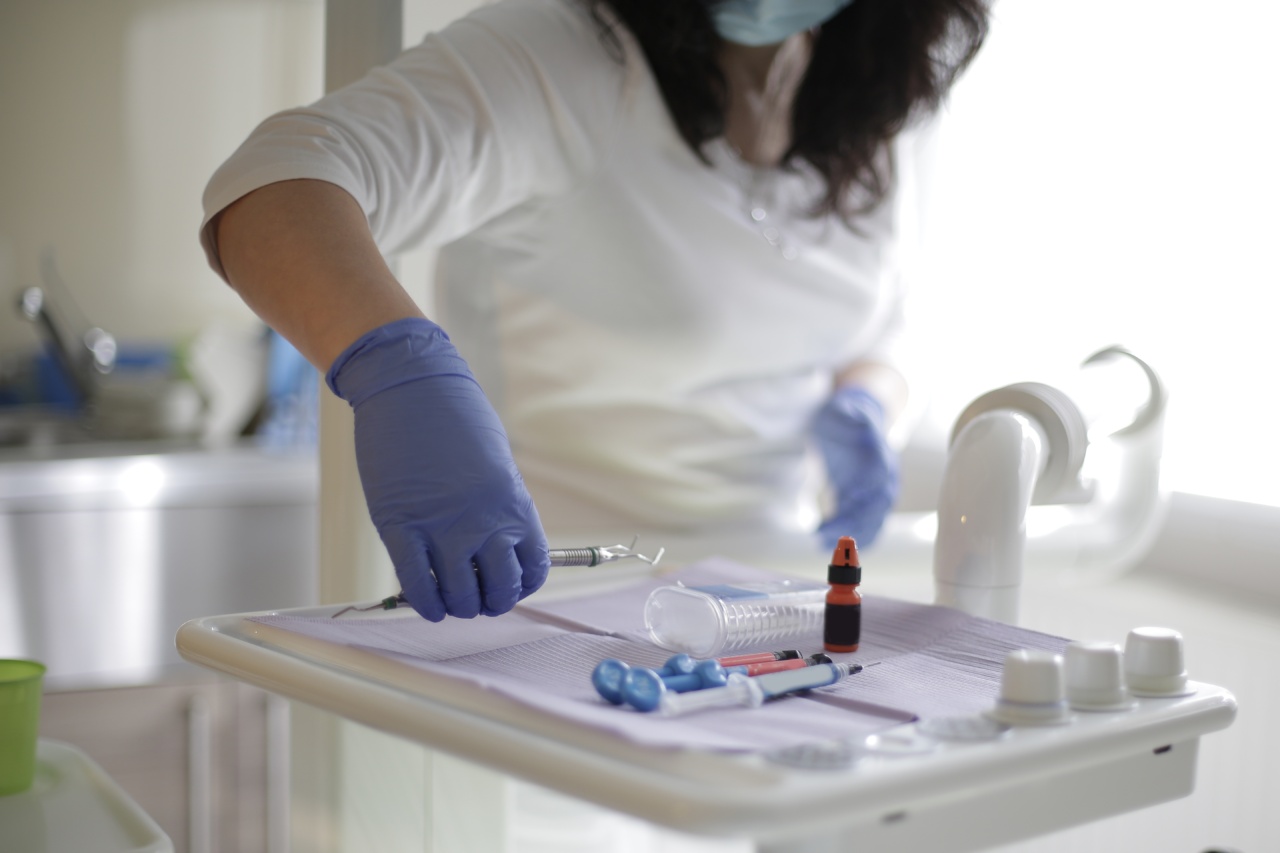Cosmetic surgery is a popular option for people who want to change their appearance. While it can provide various benefits, such as boosting confidence and enhancing one’s look, there are also potential risks and complications.
One such concern is whether cosmetic surgery is linked to an increased risk of diabetes. In this article, we’ll explore this topic and examine various studies and research that have been conducted on the subject.
What is cosmetic surgery?
Cosmetic surgery refers to medical procedures that are intended to enhance or improve a person’s appearance.
This can include both surgical and non-surgical procedures, such as facelifts, breast augmentations, liposuction, and Botox injections, among others. The main goal of cosmetic surgery is to create a more aesthetically pleasing or desirable appearance, either by altering the structure or proportion of certain features or by reducing signs of aging or damage.
What is diabetes?
Diabetes is a chronic condition that affects the body’s ability to use and produce insulin, a hormone that regulates blood sugar levels.
There are two main types of diabetes: type 1, which typically occurs in childhood and is characterized by a lack of insulin production; and type 2, which usually develops later in life and is associated with insulin resistance and impaired glucose tolerance. Diabetes can lead to a range of complications, including nerve damage, kidney disease, cardiovascular disease, and vision problems.
Is there a link between cosmetic surgery and diabetes?
While there is limited research on the direct association between cosmetic surgery and diabetes, some studies have suggested that there may be a connection.
For example, a 2004 study published in the journal Plastic and Reconstructive Surgery found that patients who had undergone cosmetic surgery were at a higher risk of developing metabolic disorders such as diabetes and high blood pressure.
Another study, published in the Journal of Plastic, Reconstructive & Aesthetic Surgery in 2010, similarly found an increased risk of metabolic syndrome (a cluster of risk factors for diabetes and other conditions) among patients who had received various cosmetic procedures, including liposuction, breast reduction, and facelifts.
Why might cosmetic surgery be linked to diabetes?
There are several theories as to why cosmetic surgery might increase the risk of diabetes or metabolic disorders.
One possibility is that the stress of surgery, as well as the use of general anesthesia and other medications, can disrupt the body’s hormonal balance and increase inflammation. This can in turn impact insulin sensitivity and glucose metabolism, potentially contributing to the development of diabetes.
Similarly, some researchers have pointed to the fact that cosmetic surgery typically involves the removal or alteration of fat tissue, which plays an important role in regulating metabolic function and energy balance. By disrupting this delicate balance, cosmetic surgery may increase the likelihood of metabolic dysfunction and related health problems.
What other factors might contribute to the relationship between cosmetic surgery and diabetes?
While the relationship between cosmetic surgery and diabetes is complex and not fully understood, there are several other factors that may play a role.
One is the age and overall health status of the patient undergoing the procedure, as older or less healthy individuals may be more prone to metabolic dysfunction in general. Additionally, certain types of cosmetic surgery may pose a greater risk than others, particularly those that involve significant tissue removal or damage.
Lastly, the extent and duration of recovery and postoperative care can also impact the body’s metabolic function, with prolonged immobility and other factors potentially exacerbating existing risks.
What can be done to reduce the risk of diabetes after cosmetic surgery?
While there is no surefire way to prevent diabetes after cosmetic surgery, there are several strategies that may help mitigate the risk.
These include careful screening and assessment of patients prior to surgery to ensure that they are good candidates and have no underlying health issues that may increase the likelihood of complications. In addition, proper surgical techniques and anesthesia protocols can help minimize stress and inflammation in the body.
Finally, active recovery and physical therapy, as well as regular monitoring and follow-up care, can help promote healthy metabolic function and reduce the risk of long-term complications.
Conclusion
The relationship between cosmetic surgery and diabetes is a complex and still-evolving area of research.
While some studies have suggested a link between cosmetic surgery and metabolic dysfunction, it is important to note that the evidence is not conclusive. As with any medical procedure, there are always inherent risks and potential complications, and patients should be fully informed and aware of these risks before undergoing treatment.
Ultimately, the decision to pursue cosmetic surgery should be based on a careful assessment of individual needs and goals, as well as a thorough understanding of the potential benefits and risks involved.





























